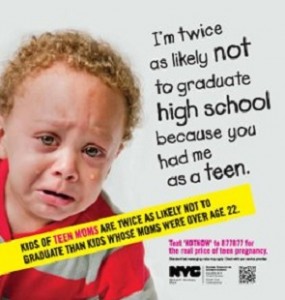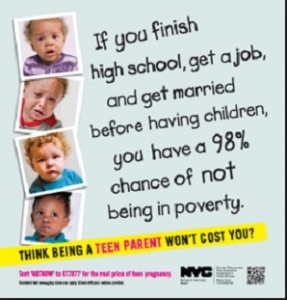Dear Commons Community,
After a week of electronic balloting, the faculty at New York University’s College of Arts and Sciences voted no-confidence in President John Sexton. This was anticipated and as reported in the New York Times:
“The vote, 298 to 224 (with 47 abstaining), took place via electronic balloting from Monday through Friday. Full-time tenured and tenure-track professors were asked to respond to the statement: “The faculty of Arts and Science has no confidence in John Sexton’s leadership.” Voter participation was 83 percent.
A statement by that college’s Faculty Senators Council Caucus said, “In the coming days and weeks, we anticipate that the N.Y.U. community, along with the F.A.S. Senators, will be discussing the ramifications of this vote, the circumstances that gave rise to it, and the next appropriate course of decisions and actions.”
Dr. Sexton issued his own statement, which concluded: “In the university setting, we believe in debate and criticism; it helps us improve. That will be particularly important in the months and years ahead, because we are at a moment that compels meaningful change in higher education. It is also the case that faculty must be at the center of the academic endeavor and involved in the decision-making. We have taken some important steps in that direction and, particularly with this vote in mind, that effort will continue. I look forward to working with the faculty to maintain N.Y.U.’s academic trajectory and prepare for the challenges ahead.”
The vote, a nonbinding resolution, does not have any immediate effect. Such actions, like the 2005 vote against Lawrence H. Summers, then the president of Harvard, have led to the removal or eventual resignation of leaders at some universities. But N.Y.U.’s board of trustees has always stood behind Dr. Sexton, over the years raising his salary to nearly $1.5 million from $773,000 and scheduling a $2.5 million “length of service” bonus, to be paid in 2015.
After the vote, Martin Lipton, the board’s chairman, released a lengthy statement that began, “The board of trustees unanimously and strongly supports President John Sexton, and believes in his strategic direction for the university.”
Mr. Lipton went on to detail Dr. Sexton’s accomplishments. He said that the board was “attentive” to the vote, and that while the board was still the university’s ultimate authority, “the time has come to consider ways in which” the voice of the faculty “may be made even more meaningful.”
The results quantified, for the first time and in a public way, the dissatisfaction inside the university. Since taking office in 2001, Dr. Sexton has greatly raised the university’s profile, attracting a vast array of celebrated thinkers, raising more than $3 billion, winning approval for a huge expansion in Greenwich Village and assembling a Global Network University of campuses and study centers around the world.
But during the same period tuition rose and faculty salaries stagnated. His opponents said his emphasis on growth, along with the salaries and perks for a few top employees, were more appropriate to a corporation than a nonprofit institution.
They also found his top-down management style to be at odds with an academic tradition of allowing faculty members to help steer a university. In particular, they have criticized the Global Network University as motivated by financial goals, not academic ones, and resisted N.Y.U. 2031, a controversial plan to add two million square feet of facilities in Greenwich Village and six million overall in New York.”
Without a doubt these are difficult times for college and university presidents but in the case of Sexton, it appears that one cannot overly concentrate on real estate transactions, buildings and global enterprises. There are still people – students, faculty and staff – that deserve attention.
Tony




